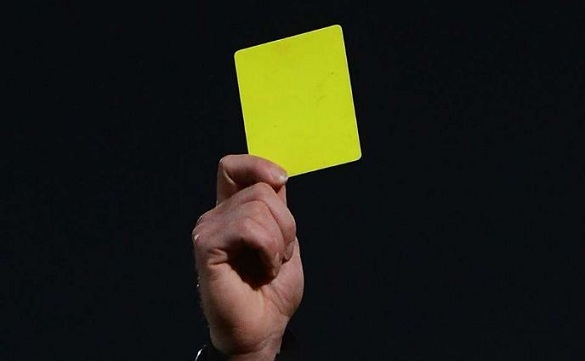
FIFA defends use of ‘Fair Play’ criteria to rank games

World football governing body FIFA has defended its policy of using the ‘Fair Play’ criteria to break a tie in the World Cup group stages.
For the first time in history, the ‘Fair Play’ criteria was put into use when Senegal and Japan finished the group stage level on four points each.
Speaking in Moscow, FIFA’s director of competitions Colin Smith defended the criteria, saying there was no need to change it.
His call came following widespread backlash, especially on social media, as many fans expressed their dissatisfaction with this mode of ranking.
“This is the first time we’ve used it at a World Cup, so obviously we’ll review it but as things stand we don’t see any need to change it,” Smith said.
The two sides won one game apiece, drew one and lost one each. They also scored the same number of goals and conceded an equal number.
To break this tie, FIFA rules give a go ahead to use ‘Fair Play’ to rank the teams. Here, teams with a better discipline record are ranked higher. This is decided by the number of Yellow and Red cards a team has accrued in their campaign.
In the Group H case, Senegal had received six yellow cards compared to Japan’s four.
The Teranga Lions were the only team from Africa that had a chance of progression into the Round of 16 going into the last round of group stage matches. A draw would have earned them a ticket to the next round.
They however lost to Colombia 1-0, ending African teams’ campaign in Russia, as Japan squeezed through despite their loss to Poland by a similar margin.






